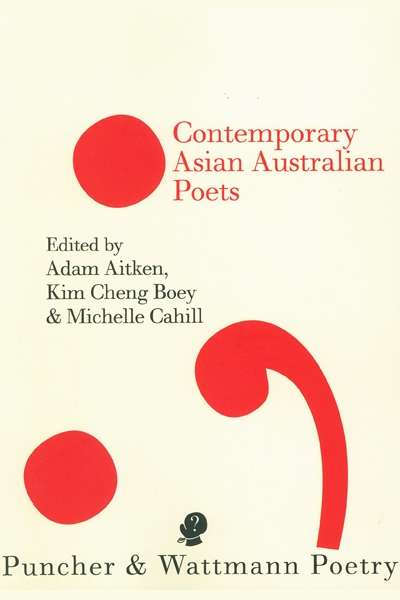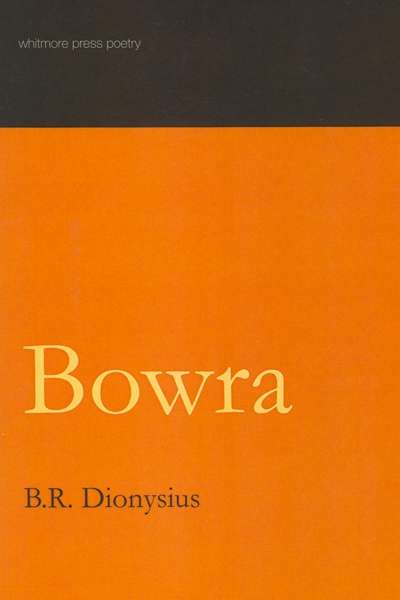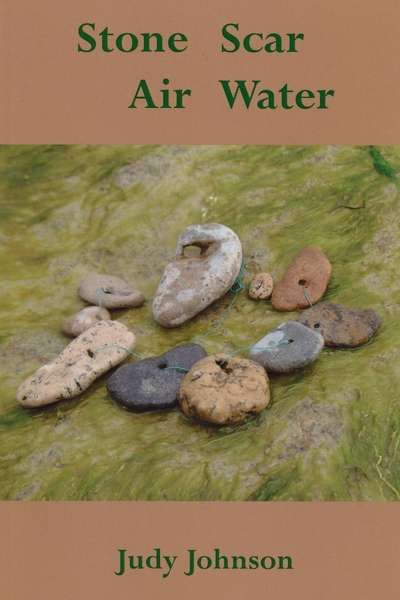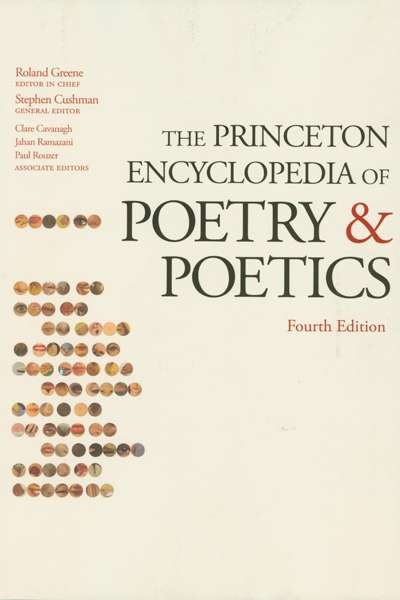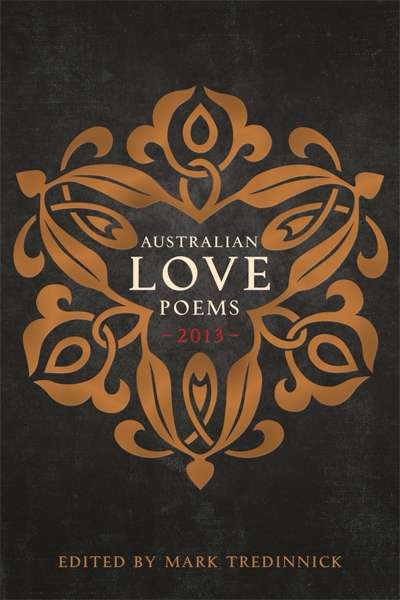Poetry
More and more I live with your paintings
or more precisely the moment
you first saw them and chose them:
the red bird sitting in
An American wannabe child star
told the workshop of his still-born
brother. How his mother had said
the lost one, endlessly cast in a silent
Contemporary Asian Australian Poets edited by Adam Aitken, Kim Cheng Boey, and Michelle Cahill
This is one of the more vital and significant poetry anthologies to appear in Australia. It has been compiled with a purpose as sophisticated and complex as the arguments for existence that it posits. It is an anthology not so much of ‘region’ (it is a rather massive one), as of the experience of being or having been from Asian heritages in contemporary Australia.
... (read more)Australia is one of the most urbanised and docile societies on earth, but its cities are hemmed in by a vast, poetry-laden hinterland. There is Kinsella in the west, Adamson on the Hawkesbury, and, in this book, the western Queensland of B.R. Dionysius. No one ever seems to be matter of fact about the landscape in Australia. It is politically charged, or Gothic, or, most often, mythopoeic. Dionysius’s book is all of these but mostly mythic: it is a murky, flooded, uninsurable world that he depicts, with the Bremer River as its resident deity.
... (read more)Tarantula's Web: John Hayward, T.S. Eliot and their Circle by John Smart
Private Eye said of Stephen Spender that he wasn’t so much famous as that he knew a lot of famous people. They might have said the same of John Hayward. His editorial and scholarly work notwithstanding, it’s doubtful that a biography of him would have been written had it not been for his close friendship with the premier poet of the twentieth century, T.S. Eliot.
... (read more)Judy Johnson’s sixth collection of poetry brings us a strong range of closely observed, powerful poems. As the title suggests, they are all linked together by elemental themes: the apparent solidity of stone, the persistence of scar tissue, the promises of air, and the complex gifts of water. In their often very ...
The Princeton Encyclopedia of Poetry and Poetics, Fourth Edition edited by Roland Greene et al.
It’s not just history that is written by the victors, but the encyclopedias, too. The eighteenth-century encyclopedias, such as Diderot’s Encyclopédie, were the projects of emergent superpowers, evidence of both the Enlightenment dream of universal knowledge and burgeoning colonial impulses ...
... (read more)Some things just don’t appear to go together, unless you are good at puzzles. A fox, a goose, and a bag of beans, for instance; or maybe a wolf, a goat, and a cabbage. Then there are Australia, love, and poetry. Australians and poetry can’t be left alone together, can they, and don’t expressions of love ...
... (read more)Seen through one window, Paul Hetherington’s Six Different Windows appears to be a collection of poems concerned with the death of art. Such a theme is perhaps not surprising given that Hetherington, in addition to his seven books of poems, edited three volumes of Donald Friend’s diaries for the National Library of Australia, the last of which was shortlisted for a Manning Clark House National Cultural Award in 2006.
... (read more)In 1982 a young Steve Kelen published a slim volume by an even younger poet by the name of Luke Davies. Four Plots for Magnets was a chapbook of thirteen poems written mostly when the poet was eighteen and nineteen. Published by Glandular Press, an outlet established by Kelen and the painter Ken Searle in 1980, this ‘sampler’ (as Kelen later calls it) was in a monochrome, staple-bound format. The cover layout came courtesy of another poet, Ken Bolton, its one adornment an image from a 1970 American NFL yearbook illustrating moves in gridiron, a game for which Davies had a childhood obsession.
... (read more)

